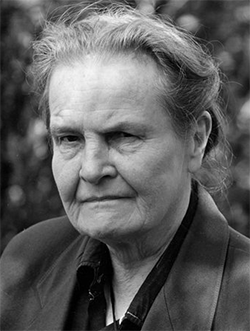What is Philosophy?

Elizabeth Anscombe, one of the greatest philosophers of the 20th century, once described philosophy as “thinking about the most difficult and ultimate questions.”
Those “ultimate questions” cover many different topics, including metaphysics (What is the nature of reality? What is the self? Is there a God? Are we free?), epistemology (What can we know? Is knowledge possible at all?), philosophy of mind (What is the mind, and how does it work?), ethics (What is good, and what makes it good? How should we live?), and political philosophy (What is the best mode of governance? What duties do we have to the state?).
Many of the greatest philosophical questions begin with a sense of wonder, of a difficulty we need to overcome, but which we cannot see a way around. Questions like “If a dream can be as vivid as my ordinary experiences, how do I know that this experience isn’t a dream,” “If the mind is different from the physical brain, how do these two things communicate with one another, but if the mind just is the brain, how can we possibly explain the wonders of consciousness,” “What is time,” “If generosity is a good thing, what is it that makes it good,” or “Does God love what is good because it is good, or is it God’s love that makes it good?”
In philosophy, we get to ask questions like these, to explore and assess the answers different philosophers have given to them — from the Ancients to the latest research — and develop answers of our own. In doing so, we learn to think for ourselves, develop skills of reason and analysis, and begin to understand better the world around us.
Philosophy Department
Siena Hall 105
401.865.2335
401.865.1449
wforsley@providence.edu





